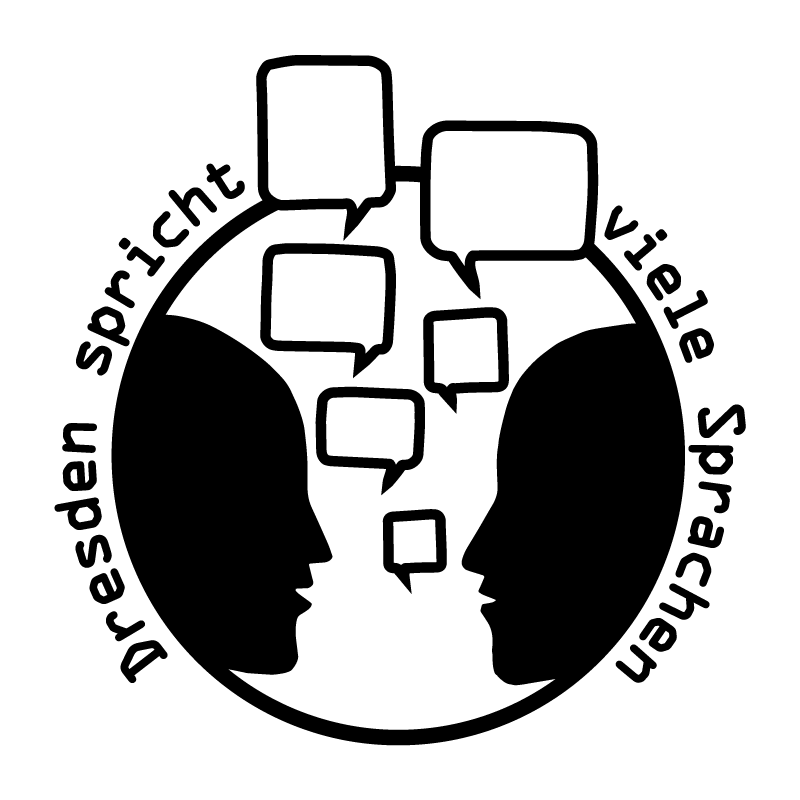
Language
The Indonesian language is based on Malay, which was spoken in the region and is characterized by various influences. It was Sanskrit 2000 years ago, Arabic in the 13th century and various European languages in the 16th century. Dutch colonial rule also contributed to the development of Indonesian, as many Dutch words were adopted into the language. There are hundreds of regional languages in Indonesia. It was not until 1945 that Indonesian became the national language of Indonesia and served the purpose of uniting Indonesia’s many ethnic groups into one nation. The Indonesian language, also known as Bahasa Indonesia, has been the official language of Indonesia ever since and is spoken by over 270 million people as their mother tongue.
Script
Indonesia is a country with over 700 languages and dialects, which has led to a wide variety of scripts. In the past, the Sanskrit alphabet was used for writing in Indonesia, before the Latin alphabet was later introduced when the Dutch colonized the country. The written language is written as Bahasa Indonesia, with each word written as it is pronounced.
However, there are also regional scripts such as the Balinese, Javanese or Sundanese alphabets, which are still in use today and are descendants of the Brahmi script or Arabic.
Dresden spricht …
Workshops, tours, writing and printing workshops under the motto “Dresden speaks many languages”

Period
03-12.2024
Porject coordination
Yvonn Spauschus (Projektleitung)
Yulia Vishnichenko · Moussa Mbarek · Nadine Wölk · Rosa Brockelt · Yuliya Firsova · Martin Mannig · Marco Rademann (workshop leader)
Rosa Brockelt · Rosa Hauch · Falk Goernert · Birthe Mühlhoff (moderation, documentation)
Adina Rieckmann · Lydia Hänsel · Anna-Thilo Schmalfeld (tourguides)
Inge · Karin · Salome · Stellus (voluntary help)
Cooperation partners
JugendKunstschule Dresden – Standort Passage, Omse e.V., Nachbarschaftshilfeverein, Stadtteilverein Johannstadt e.V., Malteser Hilfsdienste e.V., Montagscafé am Staatsschauspiel Dresden as well as Chinesisch-Deutsches Zentrum e.V., Lebenshilfe Dresden e.V., GEH8 Kunstraum und Ateliers e.V., Umweltzentrum Dresden – ABC Tische, Internationale Gärten Dresden e.V, ColumbaPalumbus e.V., Ausländerrat Dresden e.V., Blinden- und Sehbehindertenverband, Löbtop e.V. and many more
Supported by
The project is funded by the State Ministry for Social Affairs and Social Cohesion. This measure is co-financed with tax funds on the basis of the budget passed by the Saxon state parliament within the framework of the state programme Integrative Maßnahmen.
